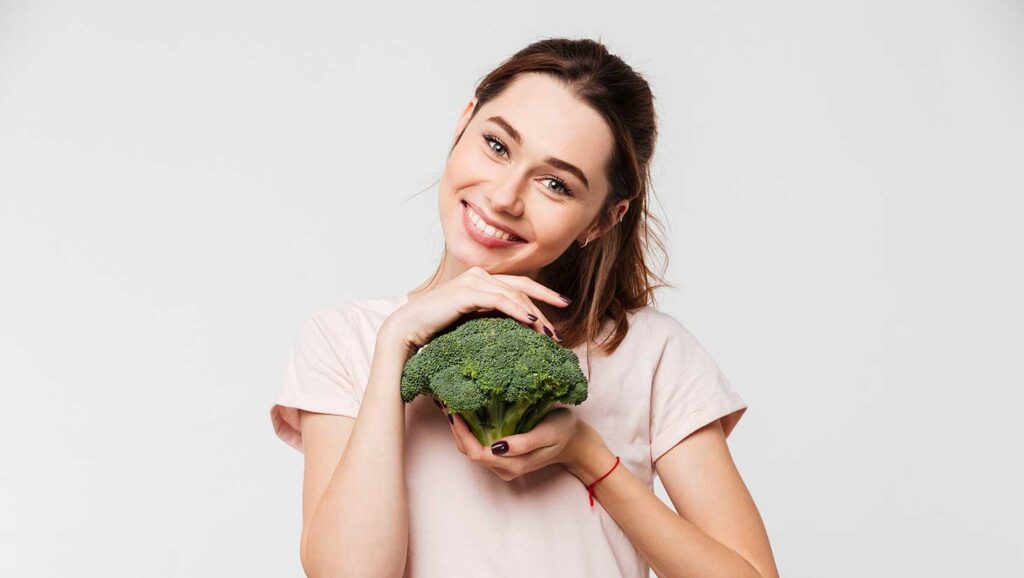
They caught the stroke-like symptoms in the early stages, and Grandma is set to return home tonight, thankfully with no lasting damage. However, the situation could have turned into a disaster, all because of a simple vitamin.
Vitamin K, known for its ability to clot blood around wounds, can be a boon for a wounded soldier. However, for Grandma, who requires her blood to be thinned to prevent worsening clogged arteries and potential strokes or heart attacks, it poses a serious risk.
Hence, Dr. Harrison’s strict directive: “no spinach, no kale, no brussel sprouts, no broccoli” – all rich sources of Vitamin K that Grandma must avoid.
Unfortunately, Grandma’s dear friend Naomi wasn’t aware of the intricacies of Grandma’s dietary restrictions. Naomi’s act of kindness, agreeing to care for Grandma when everyone else was occupied, inadvertently led to steamed broccoli making its way onto Grandma’s plate.
When Grandma experienced dizziness one night during dessert, Naomi, understandably alarmed, promptly called for an ambulance – a decision that ultimately proved beneficial. However, it easily could have spiraled into a medical nightmare. Given Grandma’s ongoing battle with cancer, a serious stroke would have posed a grave complication.
What went awry? Simply put, Naomi wasn’t informed about Grandma’s specialized diet.
While families and friends earnestly desire to aid a sick loved one, effective caregiving requires clear communication and informed action. Sharing responsibilities for care is invaluable, but it’s equally crucial to ensure that helpers are equipped with the necessary knowledge and guidance.
The best way to coordinate care and keep all caregivers informed is through open and transparent communication channels.
Share This Post
